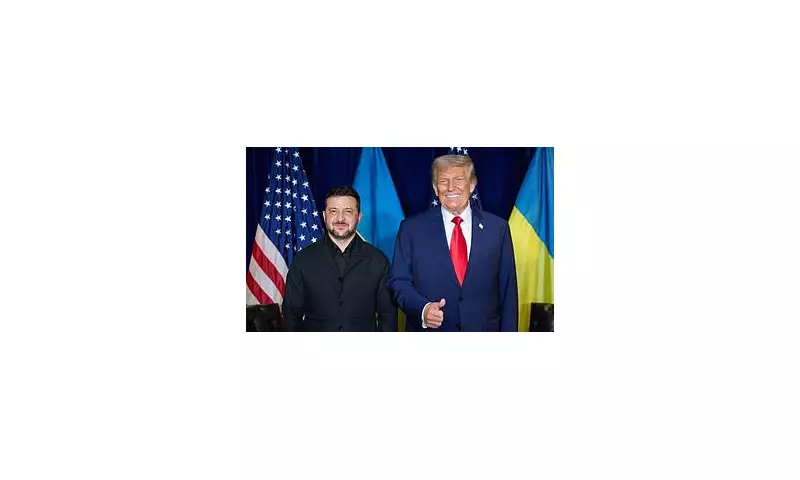
In a sweeping foreign policy address that's set to reverberate across global capitals, former President Donald Trump has declared the time has come to end the bloody conflict in Ukraine while heralding what he describes as a "new dawn" for the Middle East.
'The Killing Must Stop': Trump's Ukraine Ultimatum
The Republican standard-bearer, speaking exclusively to the Daily Mail, delivered his most definitive statement yet on the Eastern European conflict that has claimed tens of thousands of lives. "It is time to end the Ukraine war," Trump stated unequivocally, positioning himself as a peacemaker capable of resolving the protracted struggle.
While offering few specific details about his proposed resolution, the former president suggested his unique relationship with both Ukrainian and Russian leadership would enable him to broker a deal that has eluded current Western diplomats.
Middle East Transformation and 'End of Terror Age'
Perhaps more startling were Trump's predictions about radical changes coming to the perpetually troubled Middle East. The former president foresees what he dramatically termed "the end of the age of terror and death" in the region.
"We are on the cusp of a new dawn in the Middle East," Trump proclaimed, suggesting that recent diplomatic breakthroughs he initiated during his presidency were beginning to bear unexpected fruit. His comments come amid ongoing tensions between Israel and Palestine and continued instability across several Arab nations.
Legacy of Abraham Accords
Trump pointed to his administration's brokering of the Abraham Accords - which normalized relations between Israel and several Arab nations - as evidence of his ability to transform seemingly intractable geopolitical standoffs. "People said it couldn't be done, but we showed that peace is possible when you have strong leadership," he remarked.
Global Implications and Political Reactions
The timing of Trump's comments is particularly significant given his position as the presumptive Republican presidential nominee. His vision of a transformed global landscape stands in stark contrast to the Biden administration's more cautious approach to international conflicts.
Political analysts suggest Trump's statements represent an early outline of what would become his foreign policy platform should he return to the White House. The emphasis on conflict resolution and regional transformation marks a notable shift from traditional Republican foreign policy orthodoxy.
As world leaders grapple with multiple international crises, Trump's bold pronouncements are certain to spark intense debate about America's role in resolving global conflicts and whether his unconventional approach could indeed bring about the dramatic changes he envisions.





